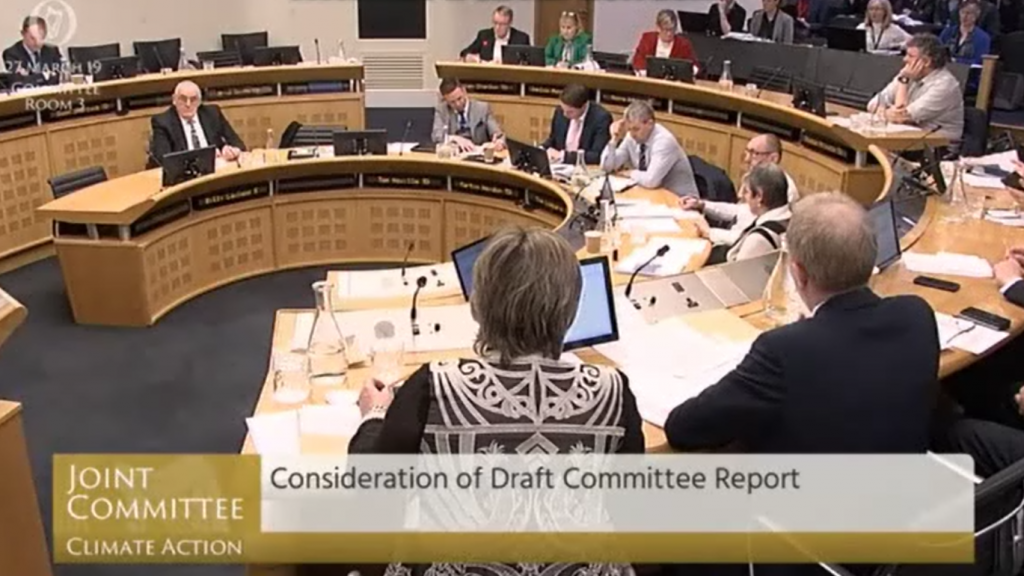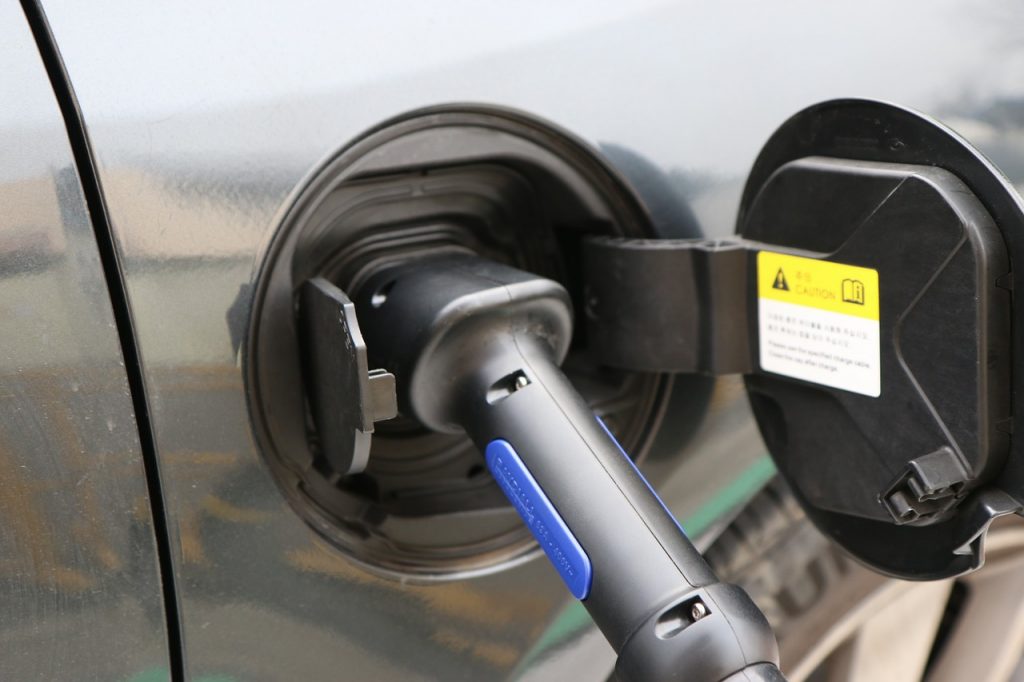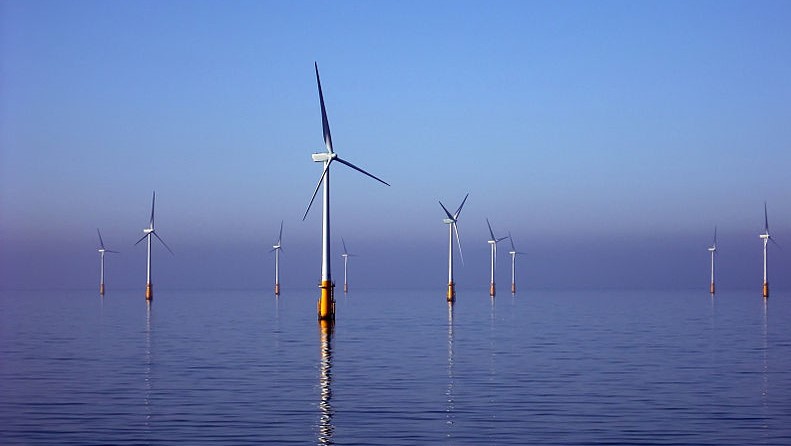What the experts want from GE2020 – Prof Peter Thorne

February 3rd, 2020
Over the past three weeks, as in all election cycles, we have become accustomed to the knock at the door from canvassers or candidates themselves are they vie for our number one at the ballot box.
We asked leading climate and biodiversity experts to outline the key policy asks they have been raising with candidates when they come a-knocking.
First up is Professor Peter Thorne, the director of the ICARUS Climate Research Centre at Maynooth University. Peter previously worked for the US National Oceanic and Atmospheric Administration’s Cooperative Institute for Climate and Satellites and at the UK Met Office Hadley Centre.
He has been a lead author on Intergovernmental Panel on Climate Change and US National Climate Assessment reports and is a Coordinating Lead Author on the upcoming IPCC 6th assessment report.

Fully enact the governance recommendations in Climate Committee’s report
The report from the joint committee includes a suite of measures in its governance chapter that will place climate policy consistently closer to the heart of Government decision making including: a strengthened independent Climate Action Council, a permanent Climate Action Committee, delegated leadership from the office of the Taoiseach, and the setting of greenhouse gas budgets. Such a structure is essential if we are to be successful in meeting international mitigation targets.
The strengthened independent Climate Action Council can ensure that politically impartial scientific evidence is given due prominence. The standing Committee can ensure that the voices of all parties are heard and that all departments are held robustly to account for their actions. Leadership from the centre can ensure that climate is not seen as the responsibility of a single Department alone.
These aspects need to be enshrined in legislation so that the structure stand in place irrespective of future changes in administration as climate action is a multi-generational challenge that must be a long-term process with certainty for citizens and businesses.

Revisit the use of grants in favour of low cost state backed loans to decarbonising the economy
We need to be much smarter in how we use the finite resources available to support society in the transition to a low-carbon future.
Current grants for the purchase of electric vehicles or home retrofits cover solely partial payments and thus are effectively accessible only to those with sufficient disposable income or savings to either pay outright or access commercial rate loans to cover the balance.
If, instead, the money used on grants were provided in the form of low interest state backed loans – as is done in several other European countries – participation could be significantly broadened.
For example, if, instead of a €10,000 rebate on a €50,000 electric vehicles, the state were to offer a loan of 95 per cent of the car’s value on an eight-year term at 1.5 per cent interest, the accessibility for the mass public to move away from diesel and petrol vehicles would change overnight.

Invest in research and development to enable a climate smart, climate resilient Ireland
Ireland, by dint of a lack of access to fossil fuels, was a follower and not a leader in the fossil-fuel driven industrial revolution. Today, we are still throwing money out of the national economy through the importation of coal, oil and natural gas.
We need to invest aggressively to wean ourselves off of fossil fuels and to use indigenous energy and materials. This keeps money in the national economy and creates local jobs. Investing in research and development may enable us to crack issues such as wave power generation at scale with enormous export potential around the globe.
We need to invest in basic research to help underpin our understanding of how Ireland’s climate is changing and will change. The planning decisions we take then need to be consistently based on that information – in particular long-term infrastructure investments – so that we invest wisely and ensure a climate smart, climate resilient and climate-ready Ireland for now and future generations.







